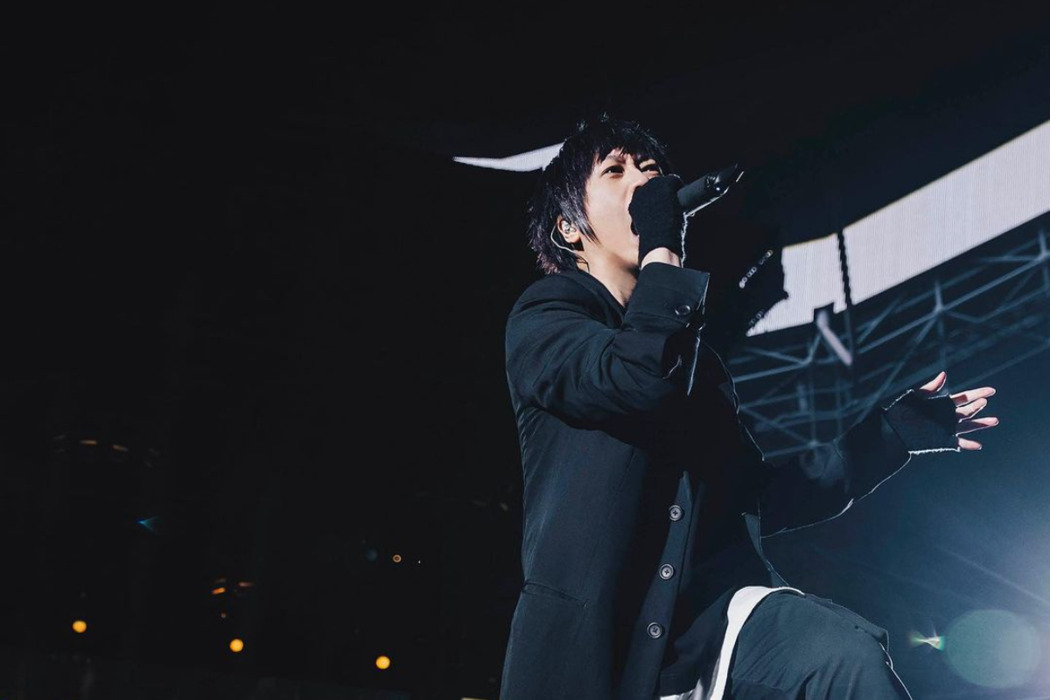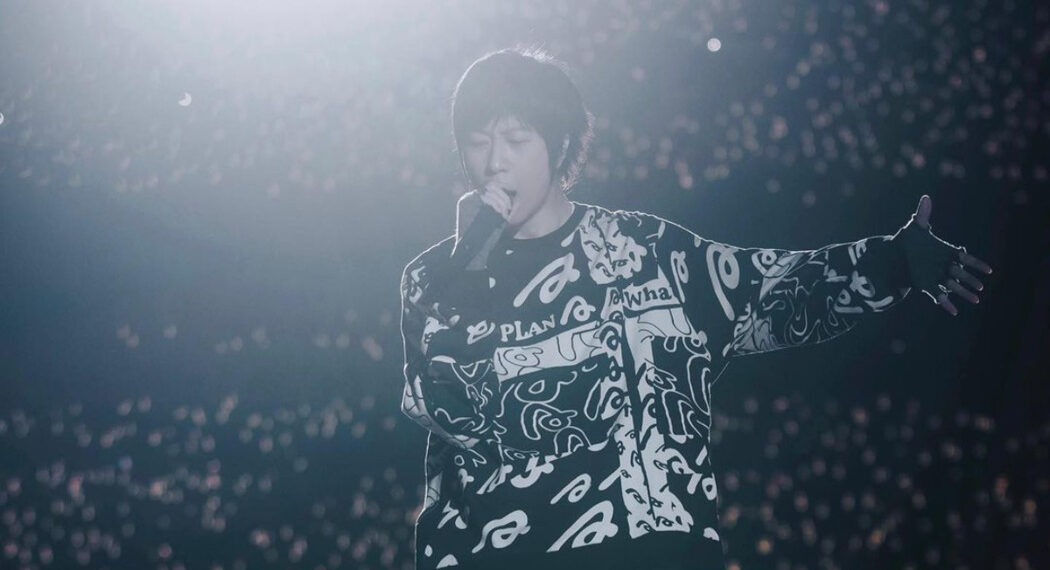The well-known Taiwanese rock band Mayday is the subject of an investigation by Chinese authorities regarding claims that they lip-synch.
The band performed eight times over the course of ten days in mid-November in Shanghai, attracting a combined audience of over 360,000 fans. This performance coincided with the controversy that erupted.
With a career spanning more than two decades, Mayday—often referred to as the “Asian Beatles”—has a sizable fan base in China, where their performances usually sell out quickly. Although the band’s label has refuted the allegations, Chinese social media has been buzzing with discussion about the controversy since the weekend.
Shanghai Culture and Tourism Bureau expressed concerns
A municipal government agency in charge of regulating commercial performances, the Shanghai Culture and Tourism Bureau, has voiced serious concerns about the public reaction to the claims of “lip-synching.”
On Monday, the official news agency Xinhua stated that the bureau had directed the concert promoter to assist with an inquiry. Mayday’s record label, B’in Music, responded to the allegations on Monday night with a statement, calling the online claims “malicious attacks, rumors, and slander.”
The band’s reputation has been seriously damaged, according to the company, by these accusations. The statement was shared on Weibo, a Chinese social media platform. It mentioned that law enforcement authorities were actively collaborating with them on ongoing investigations, and it expressed confidence in getting a just conclusion to shed light on the situation.

Chinese government forbids performers and organizers from using lip-syncing
B’in Music has been contacted by CNN to provide a statement. Pre-recorded background vocals and music are frequently used in live performances to assist artists while they sing live, particularly in shows with intense choreography.
Regulations from the Chinese government expressly forbid both performers and organizers from using lip-syncing to deceive audiences. The maximum fine for violations is 100,000 yuan, or roughly $14,000. According to official guidelines, lip-synching is defined as performing live vocals over pre-recorded music.
How the matter started?
Last Thursday’s controversy started when a music vlogger on Bilibili, one of the most popular video-sharing platforms in China, uploaded a video in which he demonstrated how to use computer software to analyze the vocals of 12 songs that were recorded live by a fan at Mayday’s November 16 concert in Shanghai.
In his analysis, the vlogger claimed that Ashin, the lead singer for Mayday, lip-synced at least five songs during the three-hour performance.
The vlogger claimed that while the singer’s performance in those specific songs was spot-on, in other songs, there was a noticeable pitch drift. By Sunday, these accusations had received over 300 million views on Weibo, making them the most popular trending topic. They gained momentum quickly.
While some Mayday fans voiced their disappointment, others defended the band by posting clips from their live shows in which Ashin could be heard singing loudly and unintentionally.
The video and audio recordings of Mayday’s Shanghai concerts were sent to local authorities for “scientific evaluation and analysis,” according to a report released on Monday by state broadcaster CCTV. The results will be made public.

More about Mayday
Mayday sings in Mandarin most of the time, but she also occasionally sings songs in Hokkien. They are reminiscent of bands like U2 or One Direction, with their upbeat, pop-infused anthemic rock sounding catchy and addictive. Songs like “Here, After Us,” “Party Animal,” and “Cheers” portray the innocence of a younger generation while also encapsulating its heartache.
Mayday is well-known for its energetic and protracted performances; their shows are usually two to three hours long and are dubbed energetic music marathons. The band has built a fan base among young Gen-Z fans, who are almost half their age, in addition to millennials since their late 1990s debut.





